Politics
Buhari in the throes of change
Published
10 years agoon
By
Olu Emmanuel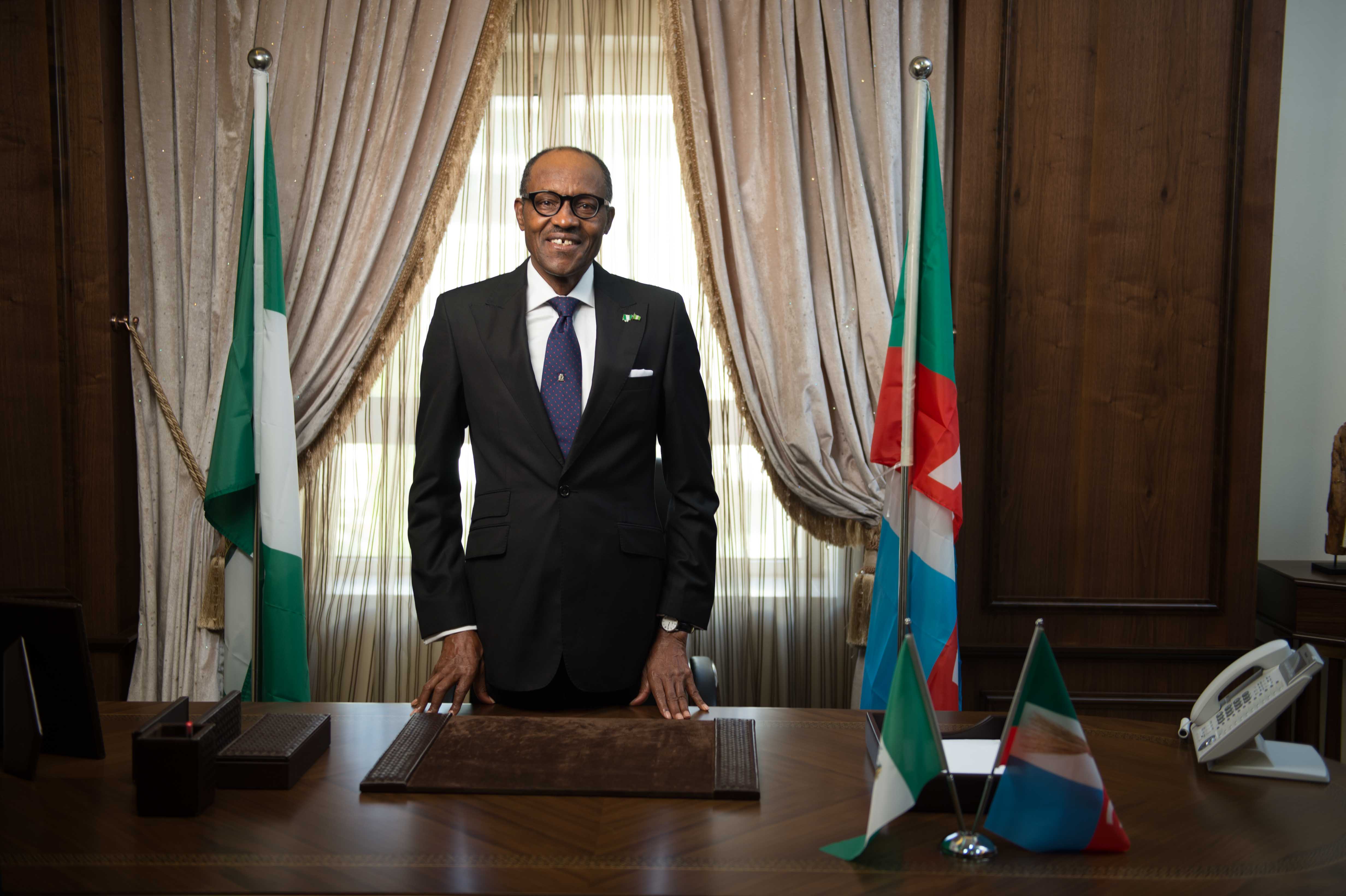
• Looking unto class suicide on public policies
By SUNDAY ODIBASHI
ABOUT two months to May, 29, 2016, when the All Progressives Congress (APC)-controlled Federal Government will be marking one year anniversary, the economy has continued to show gloomy indices of without restraint. Albeit, downward trend of economic indices in the country has remained consistent with virtually every successive administration since independence but the change promise of the APC-Government generated high expectations of reversal of the perennial downward economic indicators.
It is an irony that Nigerians were thrown into unmitigated hardship from the scarcity of petrol and electricity blackout across the country in the past two weeks. These typified the climax of months of lingering petrol scarcity since October 2015 and declining electricity generation which went down to an all-time low of 1580 megawatts.
More so, prices of commodities rose astronomically following exchange rate regime that seemingly made the country’s currency valueless.
As at last week, the country’s currency traded at N315 to one dollar in the parallel market; however, government controlled rate, as directed by the Central Bank of Nigeria (CBN), remained N199 to a Dollar. Euro exchanged for N335 in parallel market while CBN rate remained N218; one Pound exchanged for N435 (PM), CBN rate N283. The immediate response to these indices was disproportional rise in prices of goods and services, which has a multiplier effect of weakening capacity utilization in the economy.
Available statistics shows that in the early 1970s Nigerian currency was exchanging for about 65 kobo to a dollar. It was about N199 official rate to one dollar at the time the Peoples Democratic Party (PDP) was ceding power to the APC in 2015. Detailed statistics indicates that in 1972, exchange rate was N0.658 (66 kobo) to one dollar; 1973 – N0.658 (66 kobo) to a dollar; 1974 – N0.63 (63 kobo); 1975 – N0.616 (about 62 kobo); 1976 – N0.62 (62 kobo); 1977 – N0.647 (65 kobo); 1978 – N0.606 (about 61 kobo); 1979 – N0.596 (60 kobo); 1980 – N0.550 (55 kobo) and (N0.900 Parallel Market); 1981 – N0.61 (61 kobo); 1982 – N0.673 (67 kobo); 1983 – N0.724 (72 kobo); 1984 – N0.765 (77 kobo); 1985 – N0.894 (89 kobo) and (N1.70 Parallel Market); 1986 – N2.02, (N3.90 PM); 1987 – N4.02, (N5.90 PM); 1988 – N4.54, (N6.70 PM); 1989 – N7.39, (N10.70 PM); 1990 – N7.39 (N10.70 PM); 1991 – N8.04 (N9.30 PM); 1992 – N9.91; 1993 – N17.30, (N21.90 PM); 1994- N22.33, (N56.80 PM); 1995 – N21.89, (N71.70 PM); 1996 – N21.89, (N84.58 PM); 1997 – N21.89, (N84.58 PM); 1998 – N21.89, (N84.70 PM); 1999 – N21.89, (N88-90 PM); 2000 – N85.98, (N105.00 PM); 2001 – N99-N106, (N104-N122 PM); 2002 – N109-N113 (N122-N140 PM); 2003 – N114-N127 (N135-N137 PM); 2004 – N127-N130 (N137-N144 PM); 2005 – N132-N136; 2006 – N128.50-N131.80; 2007 – N120-N125; 2008 – N115.50-120; 2009 – N145-N171 and 2016 – N199, (N315 PM).
ALSO SEE: Squandering 9 months of goodwill
All the exchange rate regimes prevailed in the economy with minimal production capacity.
Furthermore, the petrol scarcity crisis that became severe in the past weeks forced Nigerians to pay as much as N120 to N180 per litre in some parts of Lagos, essentially, in the urban periphery and the rural areas, even when the official price remained N86.50 per litre.
Fuel prices have fluctuated over the decades with attendant consequences on the economy.
Available statistics indicates that from six kobo in 1973, the pump price of petrol rose to the current N86.50. Detail statistics shows that in 1973 one litre of petrol sold for between 6 kobo to 8.45 kobo; 1976 – 8.45 kobo to 9 kobo; October 1, 1978 – 9 kobo to 15.3 kobo; April 20, 1982 – 15.3 kobo to 20 kobo; March 31, 1986 – 20 kobo to 39.5 kobo; April 10, 1988 – 39.5 kobo to 42 kobo; January 1, 1989 – 42 kobo to 60 kobo private vehicles; Dec 19, 1989 – uniform price of 60 kobo; March 6, 1991 – 60 kobo to 70 kobo; 1992 – 70 kobo; November 8, 1993 – 70 kobo to N5; November 22, 1993 – reduced from N5 to N3.25; October 2, 1994 – N15; October 4, 1994 – reduced from N15 to N11; January 6, 1999 – N25 to N20; June 1, 2000 – N30; June 8, 2000 – reduced to N22; January1, 2002 –
N22 to N26; October 2003 – N42; May 29, 2004 – N50; August 25, 2004 – N65; May 27, 2007 – N70; June 2007 – N65; January 1, 2012 – N141; January 17, 2012 – N97; 2015 – N87 and 2015 – N86.50.
Meanwhile, the economy has been vulnerable to weak production capacity, raw material cultivation, preponderant imports, making Nigeria a dumping ground for foreign goods; corruption and associated leadership crisis.
Some stakeholders considered it appalling that the APC-government is now giving vandalism, the same reason PDP gave and was condemned, as excuse why electricity generations has fallen to an all time low, though, apologizing for the failure and promising on improvement.
The economic transition of the country has mostly been impaired by conflicting elite interests that are counter-productive to development. All economic reforms protect the interest of the elite more than the economy, itself, let alone citizens. This has degenerated into deepening unemployment, rising domestic and foreign debts, violent uprising, etc; which have continued to threaten nation building, forestall economic growth and development. President Muhammadu Buhari and the APC-Government inherited these economic malaise in the determination to change Nigeria.
In the past 10 months, the administration has been struggling to get the right stimulus to activate the production capacity of the economy and improve on the socio-economic indices. This generated divergent reactions from several stakeholders in the polity on the current economic crises.
Professor Wole Soyinka, penultimate week, advocated for a national economic conference to articulate solutions on the economy.
Senator Ben Murray-Bruce had lamented “how he usually wonders if APC, during campaign, was chanting ‘”chains” and Nigerians, including himself, heard “Change”
ALSO SEE: CCT: Saraki’s brain meets Buhari’s brawn
Professor Ben Nwabueze, said to be one of the two surviving Senior Advocates of Nigeria (SAN) from the first set in 1978 that included Chief Obafemi Awolowo and Chief Richard Akinjide, was gathered to have doubted the capacity of the President to change Nigeria. He had contended that “President Buhari perceived inability to grapple with the numerous challenges facing the country is his lack of capacity.”
Nwabueze had declared: “The shout of a change mantra does not bring about change when those who govern do not understand the basic instrument, the basic charter of governance in our country. We all made a very big mistake electing Buhari president knowing that he doesn’t have the credentials. Should we have done that knowing our experience under Obasanjo? They lack the experience to govern and if we were not suffering from amnesia, we should not have elected another former head of the federal military government. We have ourselves to blame for expecting the man to do what he is not equipped to do.”
However, the Professor acknowledged that, unlike his predecessors, Goodluck Jonathan and Olusegun Obasanjo, Buhari has shown more sincerity and seriousness in waging the war against corruption.
“Buhari is more focused in the war against corruption, at least, he is doing more than his predecessors,” he had remarked; adding: “Buhari is more sincere, more serious about the war than these other people. Under the other presidents, the war was a façade, a make-belief. They were not fighting corruption and that was why corruption instead of going down blossomed. Under Jonathan and Obasanjo, the corruption graph was going up, not down. But Buhari is more sincere and more determined.”
Moreover, Buhari’s burden of change has been observed to be made heavier by the emergent elite struggle contending to resist government reform that could alter the political economy in the new regime. This reflected clearly in the restructuring of the Nigerian National Petroleum Corporation (NNPC). Apparently, the President already has constraints imposed by the elite struggling for what and how much they can get from the commonwealth.
In as much as the President may require values of democracy in deciding and implementing public policies, the executive powers are never erased. Change is not given, the state mediating in class struggle imposes on the leader authoritative enforcement of revolutionary policies towards commitment of class suicide in the elite community.
You may like
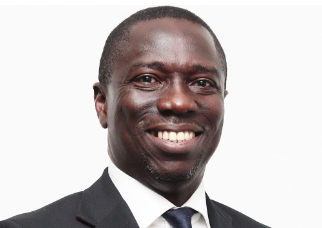

Ighodalo confident in Judiciary as He challenges Edo Governorship election results
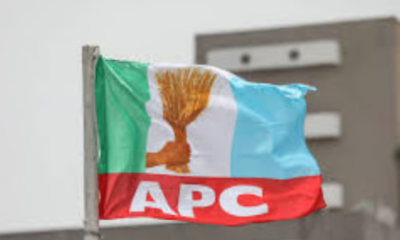

INEC Refutes APC claims of BVAS smuggling in Edo Governorship Election
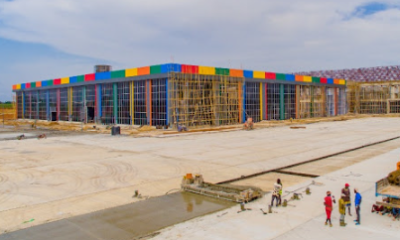

Flight operations at Ebonyi’s Chuba Okadigbo Airport set to begin in November
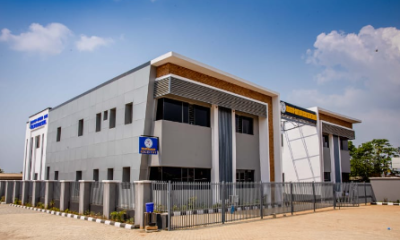

Igbogbo-Baiyeku LCDA inaugurates new legislative building
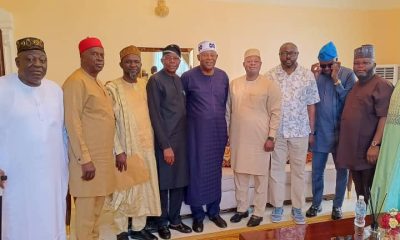

Faleke meets APC State Chairmen
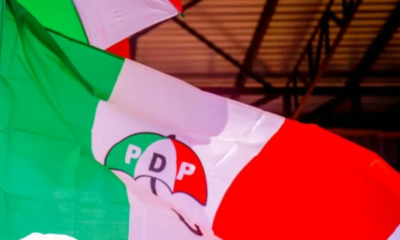

PDP slams APC over criticism of NSE visit to Osun State
Trending

 Health5 days ago
Health5 days agoDeclassified CIA memo explored concealing mind-control drugs in vaccines

 Entertainment7 days ago
Entertainment7 days agoSimi addresses resurfaced 2012 tweets amid online backlash

 Crime5 days ago
Crime5 days agoSenior police officers faces retirement after Disu’s appointment as acting IGP

 Education7 days ago
Education7 days agoPeter Obi urges JAMB to address registration challenges ahead of exams

 Health7 days ago
Health7 days agoNAFDAC issues alert on suspected revalidated SMA Gold infant formula

 Comments and Issues6 days ago
Comments and Issues6 days ago20 Critical Fixes to Save Nigeria’s Democracy from Electoral Fraud

 Football6 days ago
Football6 days agoMartínez ruled out of Everton clash with calf injury

 Latest6 days ago
Latest6 days agoICPC yet to respond to El-Rufai’s bail request as arraignment date looms

